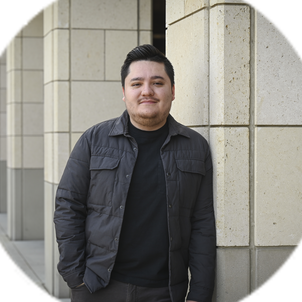We’re calling these ‘Flash Organizations’ and ‘Flash Teams.’ In our work so far, it’s been amazing to watch how quickly a group of people from around the world come together to complete complex projects. We’ve seen everything from the creation of new smartphone apps to video games. Another area of research I’m involved in is thinking about how we can make cancer centers more effective and patient-friendly. In a recent experiment, a cancer center adopted a new technology where all doctors and patients wore a tag that sensed their building location. The data collected via these sensors provided opportunities for the optimization of patient flow, teamwork and networks. It’s the “Internet of Things” meets organizations.
Behind the scenes, I am thinking a lot about workers’ rights in online labor markets. What will jobs, benefits, etc. look like if there’s more on-demand hiring through apps and online labor markets? It’s important to be mindful of workers’ rights while we’re doing this work. As these new ways of working become a reality, we need to create systems that not only help businesses get work done more efficiently but that honor and respect workers who participate.
I’ve always been interested in social systems and how people work. As a Stanford undergrad I studied human biology, which combines social sciences with the hard sciences. My PhD is in the behavioral sciences, so when I graduated there were many directions I could go: business, engineering or medical school. I chose Stanford Engineering. The Management Science and Engineering Department (MS&E) is really cool because the research here is problem-focused and grounded in the interaction between human behavior and technology. We observe human behavior, record the data, and determine how that data can help shape human behavior. The kind of engineering ascribed to me is “systems engineering,” and my focus is on how human behavior contributes to complex systems. Systems engineers work to design systems where humans and technologies behave intelligently together. My mantra is “go see;” go observe human behavior in situ. Anytime you have a system that isn’t working or your abstraction is not matching what’s happening, go see. Observing a system in action is one of the most important things that a systems engineer can do.
I was thinking recently of other things that make me feel proud to work here. When I interviewed for this job, I was five months pregnant, and I was worried, because people talk about how there is sometimes discrimination against women and especially against pregnant women. I'm really proud of myself for going for this job anyway, and I'm really proud of my department for having a conversation about the research and about my ideas, while simultaneously respecting my identity as a woman, and as a mother.
Related spotlights

Adrienne Propp

Lara Weed

